The Mystery of Cat Sneezing: Why is Your Cat Sneezing a Lot?
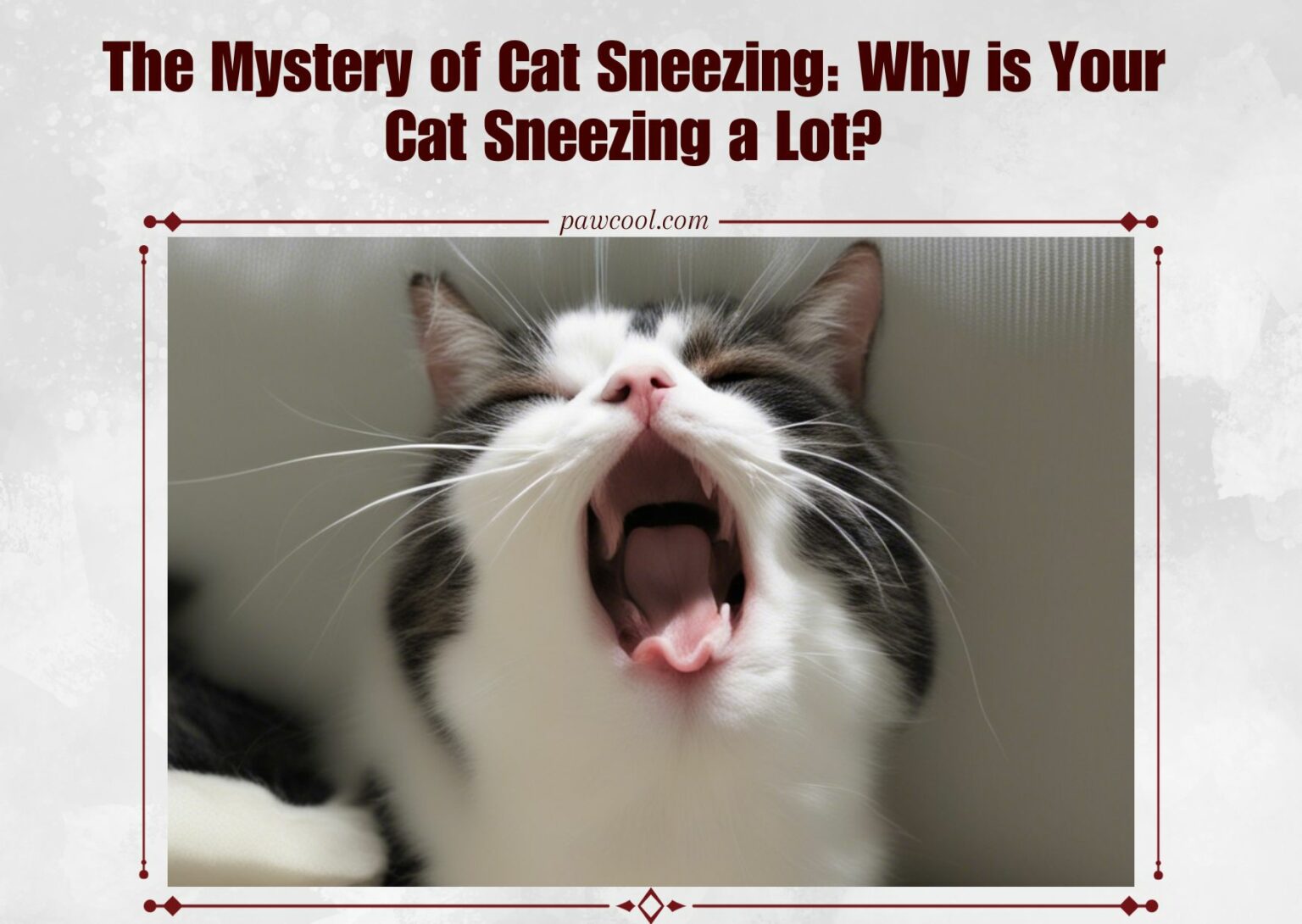
Sharing is Caring!
Introduction
Is your beloved feline companion sneezing a lot? As a cat owner or lover, it’s essential to pay attention to your cat’s health and well-being. Cat sneezing a lot can be a cause for concern, indicating an underlying issue that requires attention. In this article, we will delve into the world of cat sneezing, exploring the various reasons why cats may experience this phenomenon.
Common Causes of Cat Sneezing a Lot
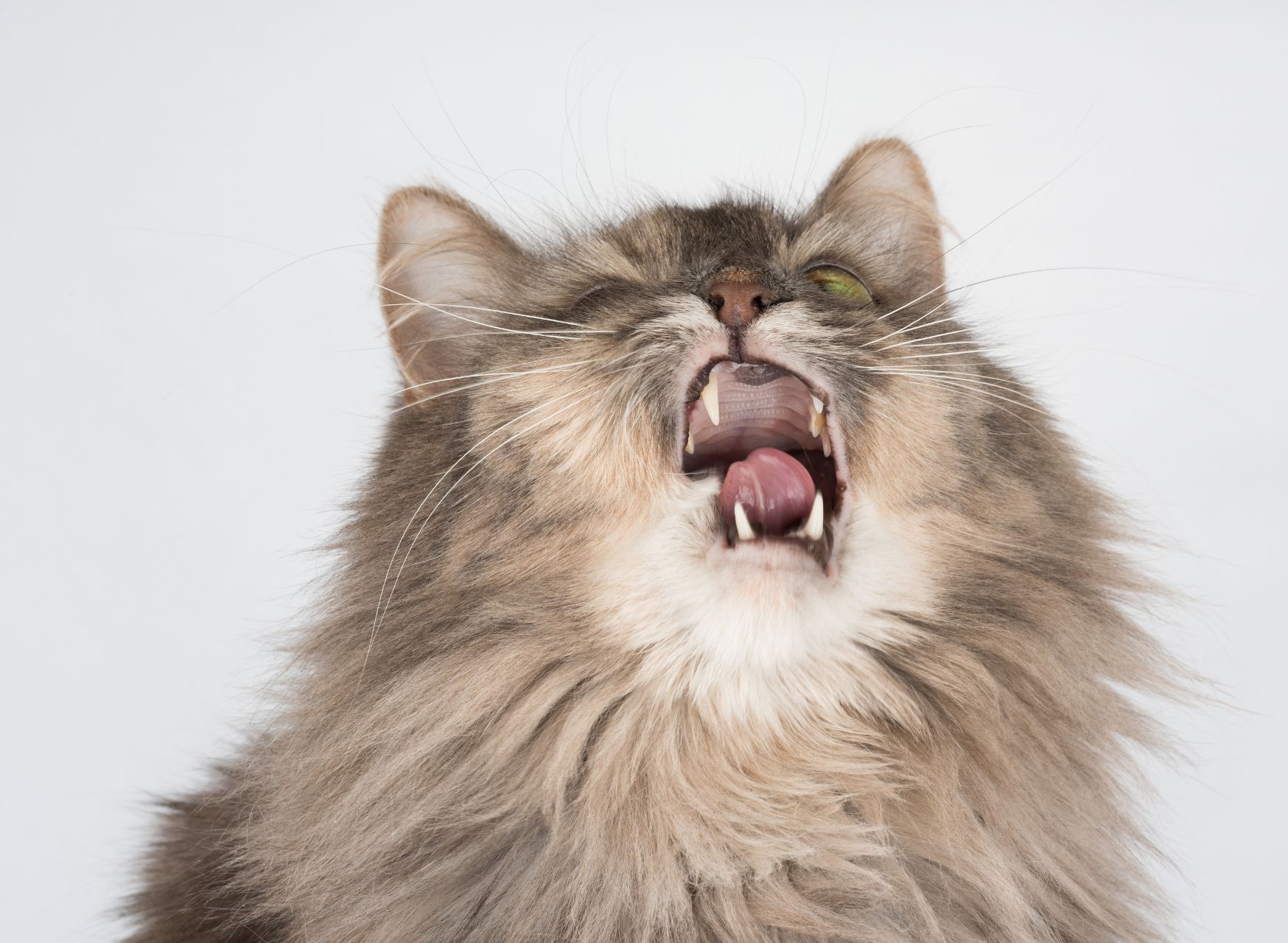
Upper respiratory infections
Have you ever wondered, “Why is my cat sneezing a lot?” Well, a common culprit could be upper respiratory infections. Typically caused by viral or bacterial agents, these infections are especially prevalent in densely populated feline environments like shelters or homes housing multiple cats. The usual suspects causing these respiratory woes include the feline herpesvirus and feline calicivirus.
When your cat becomes the unwilling host to these infections, it manifests in distressing symptoms such as persistent sneezing, nasal discharge, and congestion — quite the unpleasant trio! If you find your cat sneezing a lot with snot and seems in undue distress, it’s time to swing into action. A prompt visit to the veterinarian for a proper diagnosis and treatment can go a long way in ensuring your furry friend’s swift recovery.
Allergies
Just like humans, cat’s sneezing allergies can develop due to various substances in their environment. Common allergens that can cause cats to sneeze a lot include:
- Pollen, mold
- Dust mites
- Certain foods
- Certain types of litter
When a cat is exposed to an allergen, it can trigger an allergic reaction. This might lead to a range of symptoms, including sneezing, itching, watery eyes, and further symptoms. If you’ve been wondering “Why is my cat sneezing so much” you might want to consider allergies as a potential cause. Working with your veterinarian to identify these specific allergens and developing a management plan is essential.
Environmental irritants
Beyond allergies, it’s important to remember that environmental triggers can also play a substantial role in why your cuddly feline may be sneezing a lot. Household irritants commonplace in most homes such as pollen, dust, aromatic smoke, or even captivating strong odors, have the potential to irritate your cat’s nasal passages. This could lead not only to an orchestra of sneezes but also to nasal discharge.
Have you implemented a new cleaning agent into your cleansing regime recently? Or perhaps an aromatic air freshener? Could it be possible that these entrants to your environment are the unseen culprits behind your cat’s sneezing constantly? It’s always a good idea to scrutinize new elements introduced in their environment as potential triggers.
Maintaining the sanctity of your home as a clean, well-ventilated space can do wonders for your little furball. Making it a point to change air filters on a regular basis, and minimizing the exposure to triggers plays a vital role in reducing those sneezing bouts in your favorite whiskered friend.
Other Possible Causes of Cat Sneezing
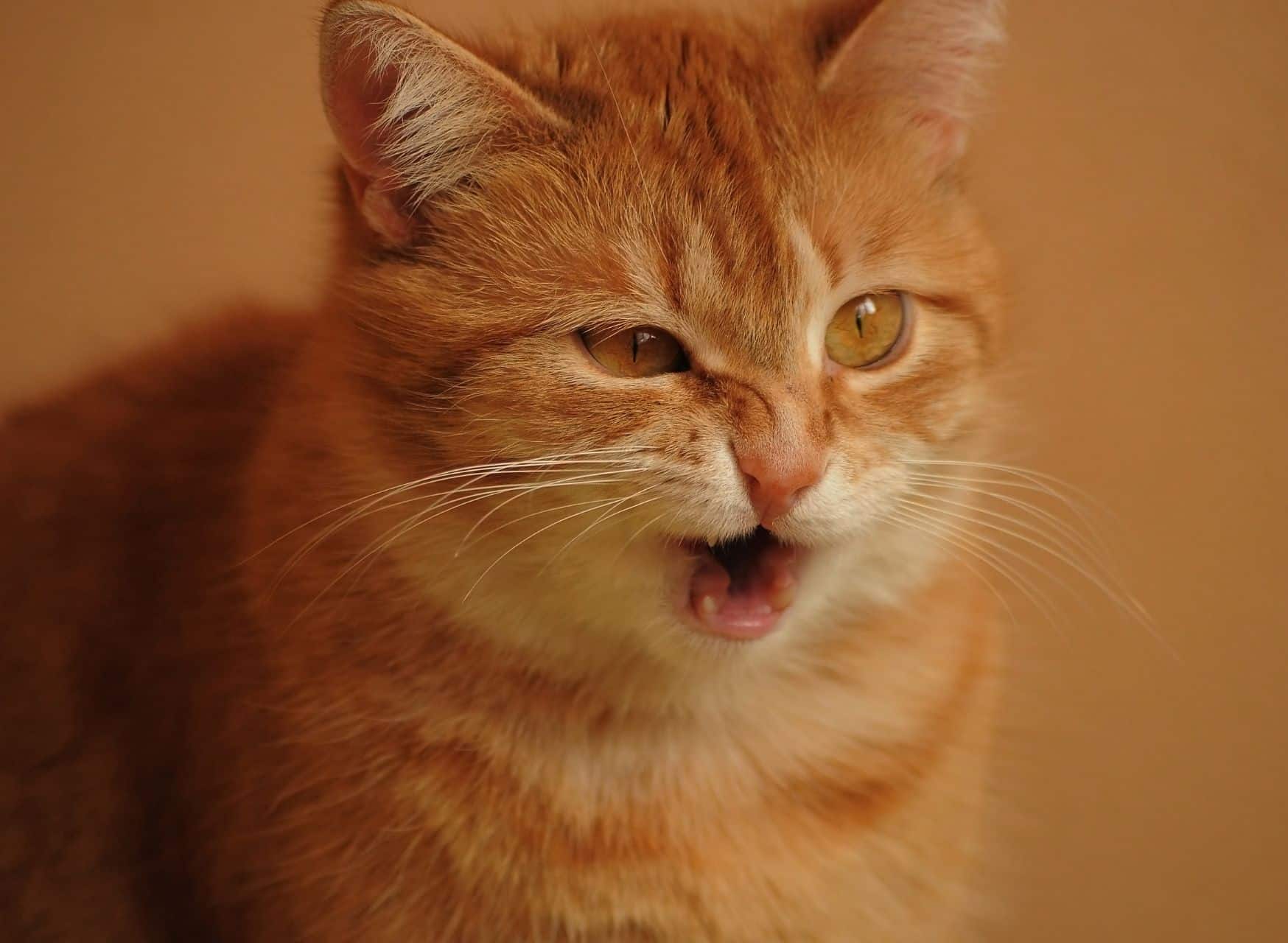
Dental problems
Dental issues can contribute to sneezing in cats: Believe it or not, dental problems can lead to sneezing in cats. Inflamed gums, tooth decay, or dental abscesses can cause discomfort and inflammation in the nasal passages, leading to sneezing. When a cat chews or closes its mouth, the pressure can trigger sneezing episodes.
The importance of dental hygiene for cats: Maintaining good dental hygiene is crucial in preventing dental problems that can contribute to sneezing. Regular brushing of your cat’s teeth, providing dental-friendly treats or toys, and scheduling routine dental check-ups with your veterinarian can help keep your cat’s teeth and gums healthy, reducing the likelihood of sneezing caused by dental issues.
Foreign objects or nasal blockages
Small objects or blockages can cause sneezing: Cats are curious creatures, and they may occasionally sniff or explore small objects that can get lodged in their nasal passages. Foreign objects such as grass seeds, dust particles, or even small toys can irritate the nasal lining, causing sneezing.
Preventing and addressing these issues: To prevent foreign objects from entering your cat’s nose, keep small objects out of their reach, especially when they are prone to playful exploration. Regularly clean your home to minimize dust and potential irritants. If you suspect a nasal blockage or foreign object, it’s important to seek veterinary attention. A veterinarian can safely and effectively remove the object or address any underlying infection or blockage causing the excessive sneezing.
Nasal tumors or polyps
Tumors or polyps causing excessive sneezing: While less common, nasal polyps or tumors can be a potential cause of excessive sneezing in cats. These growths can irritate the nasal passages and trigger frequent sneezing. Other symptoms may include nasal discharge, difficulty breathing, or blood in the mucus.
Seeking veterinary attention for diagnosis and treatment: If your cat is experiencing sudden and persistent sneezing, especially accompanied by other concerning symptoms, it’s essential to consult with a veterinarian. They can perform a thorough examination, including imaging or biopsies if necessary, to assess for the presence of tumors or polyps. Treatment options may include surgical removal, radiation therapy, or other appropriate interventions based on the diagnosis.
When to Seek Veterinary Care
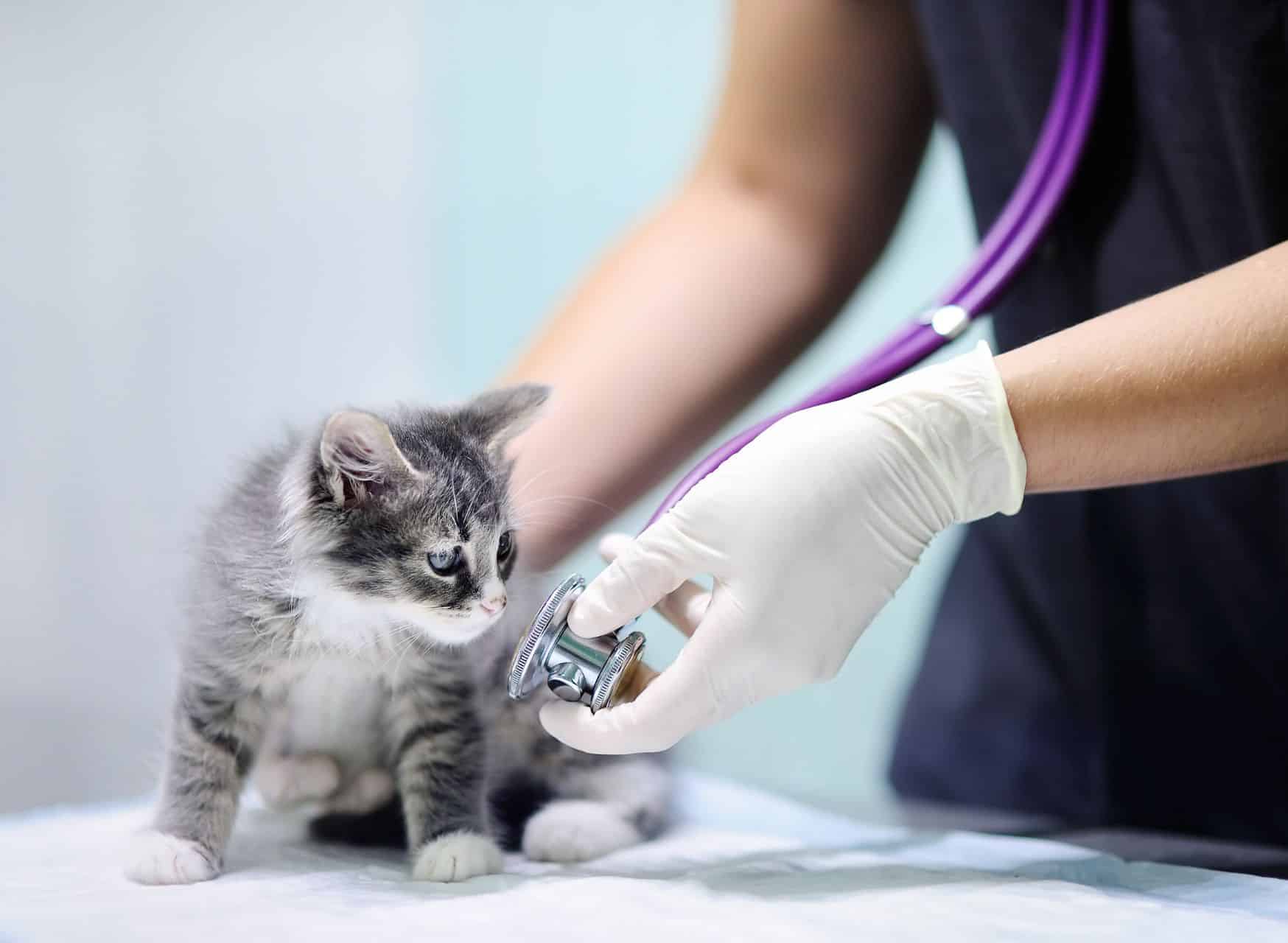
As a responsible cat owner, it’s important to monitor your cat’s health and behavior closely. While occasional sneezing is normal for cats, persistent or excessive sneezing could be a sign of an underlying issue. Hence, you may wonder, when should I worry about my cat sneezing? Knowing when to seek veterinary care is crucial in ensuring the well-being of your furry friend.
- The importance of monitoring a cat’s health and behavior:
Regularly observing your cat’s behavior allows you to detect any changes or unusual symptoms. Sneezing, when accompanied by other concerning signs, may indicate an underlying problem that requires veterinary attention. It’s essential to be proactive in monitoring your cat’s overall well-being.
- Red flags that indicate a need for veterinary attention:
- Sudden or persistent sneezing: If your cat is sneezing a lot suddenly and frequently, it could be a cause for concern. Excessive sneezing that lasts for more than a day or two should not be ignored.
- Nasal discharge: Pay attention to the color and consistency of the nasal discharge. If it is thick, discolored (yellow, green, or bloody), or has a foul odor, it may indicate an infection or other underlying issues.
- Difficulty breathing: Labored or rapid breathing, wheezing, or coughing along with sneezing can indicate respiratory distress and should be evaluated by a veterinarian promptly.
- Loss of appetite or weight loss: If your cat’s sneezing is accompanied by a loss of appetite or unexplained weight loss, it could be a sign of a more systemic problem that requires medical attention.
- Lethargy or changes in behavior: If your cat is unusually tired, lacks energy, or shows a significant change in behavior, it’s important to consult with a veterinarian to rule out any underlying health issues.
- Consulting with a veterinarian for a proper diagnosis:
If you notice any of the red flags mentioned above or if you have concerns about your cat’s frequent sneezing, it’s best to schedule an appointment with a veterinarian. They will be able to perform a thorough examination, assess your cat’s overall health, and conduct any necessary tests to determine the underlying cause of the sneezing. A proper diagnosis is crucial in providing appropriate treatment and ensuring your cat’s well-being.
Home Remedies and Preventive Measures
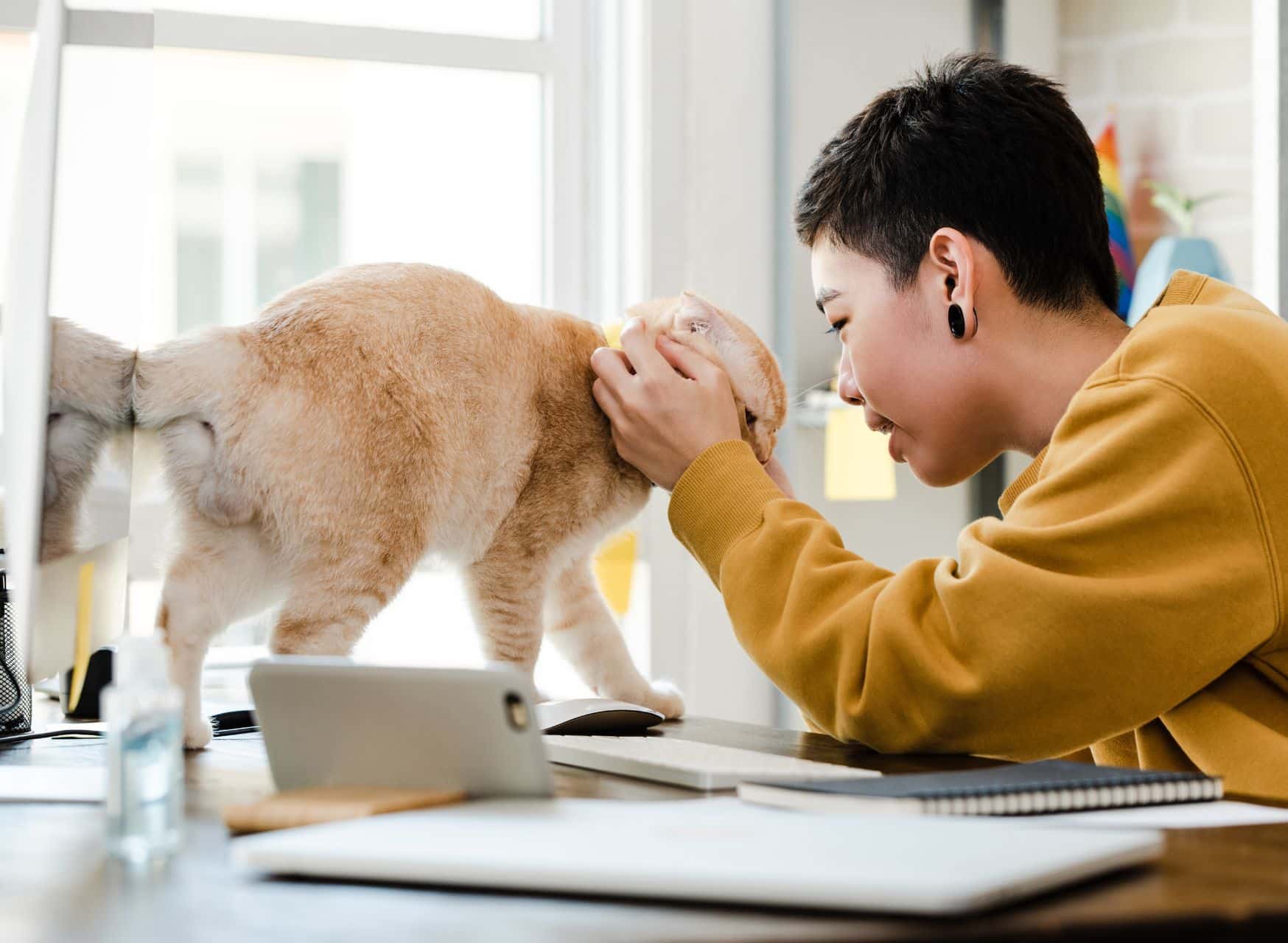
While it’s important to consult with a veterinarian for proper diagnosis and treatment of your cat’s excessive sneezing, there are some home remedies and preventive measures you can take to help alleviate the symptoms and promote a healthy environment for your feline companion.
- Home remedies to alleviate cat sneezing:
- Humidify the air: Dry air can irritate your cat’s nasal passages. Using a humidifier in your home can help add moisture to the air, reducing nasal irritation and relieving sneezing.
- Steam therapy: Create a steamy environment in your bathroom by running a hot shower and allowing your cat to spend some time in the steam-filled room. The steam can help soothe the nasal passages and alleviate sneezing.
- Saline nasal rinses: With the guidance of your veterinarian, you can use a saline solution to gently flush your cat’s nasal passages. This can help remove irritants and reduce inflammation, providing relief from sneezing.
- Maintaining a clean and allergen-free environment:
- Regular cleaning: Keep your home clean and free from dust, pollen, and other allergens that could trigger sneezing in your cat. Vacuum regularly, dust surfaces, and wash bedding frequently to minimize the presence of irritants.
- Allergen control: If your cat is allergic to certain substances such as pollen or dust mites, take steps to minimize their exposure. Close windows during high pollen seasons, use allergen-proof covers on bedding and consider using air purifiers to filter out allergens from the air.
- Tips for maintaining good cat hygiene and health:
Proper grooming: Regularly brushing your cat helps remove loose hair and reduces the amount of dander, which can trigger sneezing in sensitive cats. Additionally, keeping your cat’s fur clean and free from mats or debris can contribute to overall respiratory health.
Balanced diet: Ensure your cat is receiving a nutritious and balanced diet that supports their immune system and overall health. Consult with your veterinarian to determine the appropriate diet for your cat’s specific needs.
Regular veterinary check-ups: Schedule routine veterinary visits to monitor your cat’s health and address any potential underlying issues that could contribute to excessive sneezing.
Conclusion
In conclusion, if your cat is sneezing a lot, it’s important to understand the potential causes and take appropriate measures for their well-being. Monitor your cat’s health and behavior, and seek veterinary care if the sneezing is persistent or accompanied by other concerning symptoms. By understanding the underlying causes of cat sneezing, such as allergies, infections, dental issues, or obstructions, you can address the issue effectively. Create a clean and allergen-free environment, practice good cat hygiene, and consult with a veterinarian for proper diagnosis and treatment.
Thank you for taking the time to read this article. We hope that the information provided has been helpful in understanding why your cat may be sneezing excessively. By being aware of the potential causes and implementing the suggested measures, you can take better care of your feline companion’s health and well-being. Remember, if you have any further questions or concerns, it is always best to consult with a veterinarian for personalized advice. Here’s to a sneeze-free and happy life for your beloved cat!
Sharing is Caring!
About The Author
PawCool Team
Related Categories: Cats | Cat Health & Care | Cat Stories
Latest Articles

Never Miss A Thing!
All pet stories & guides you care about








